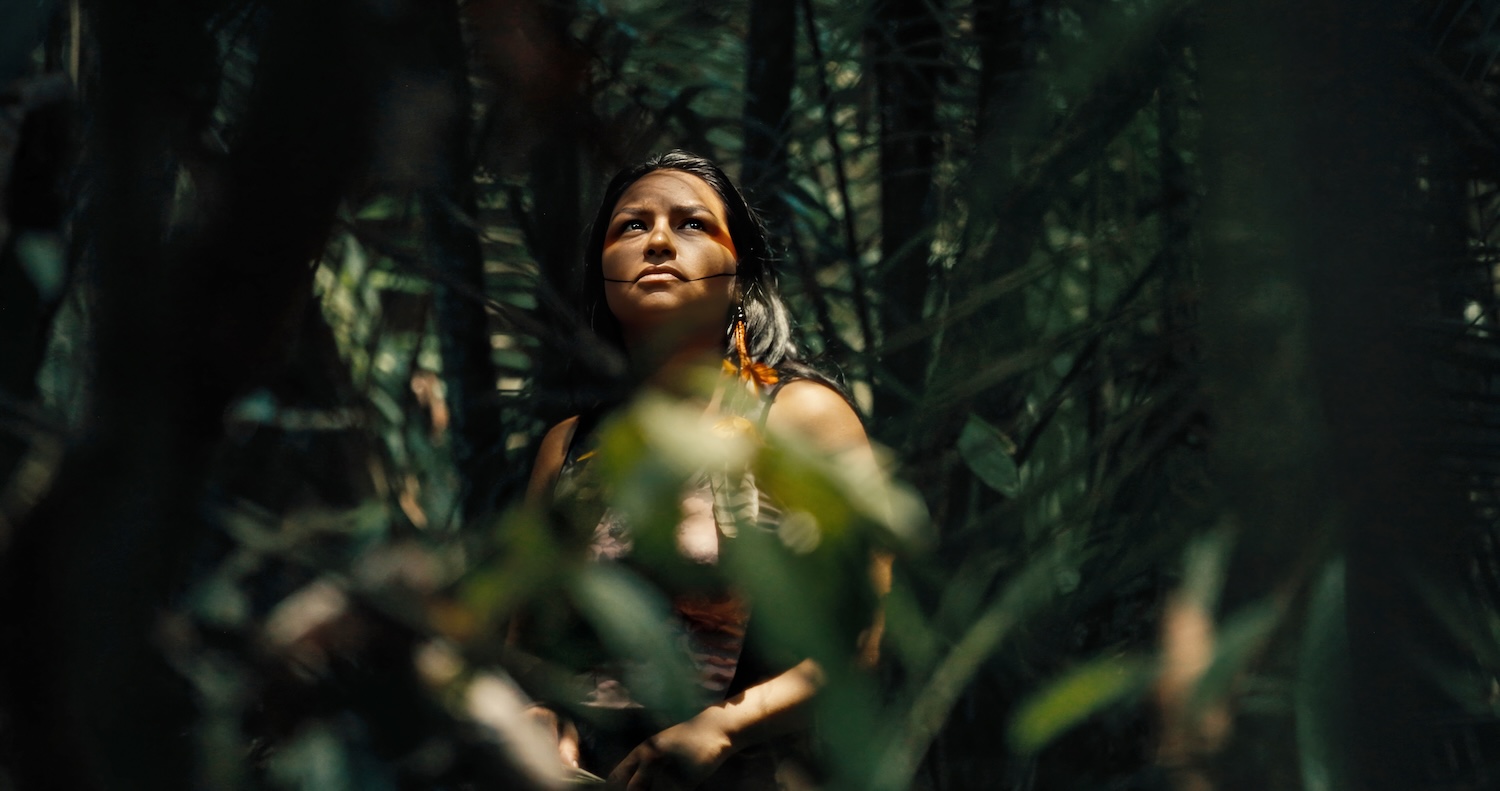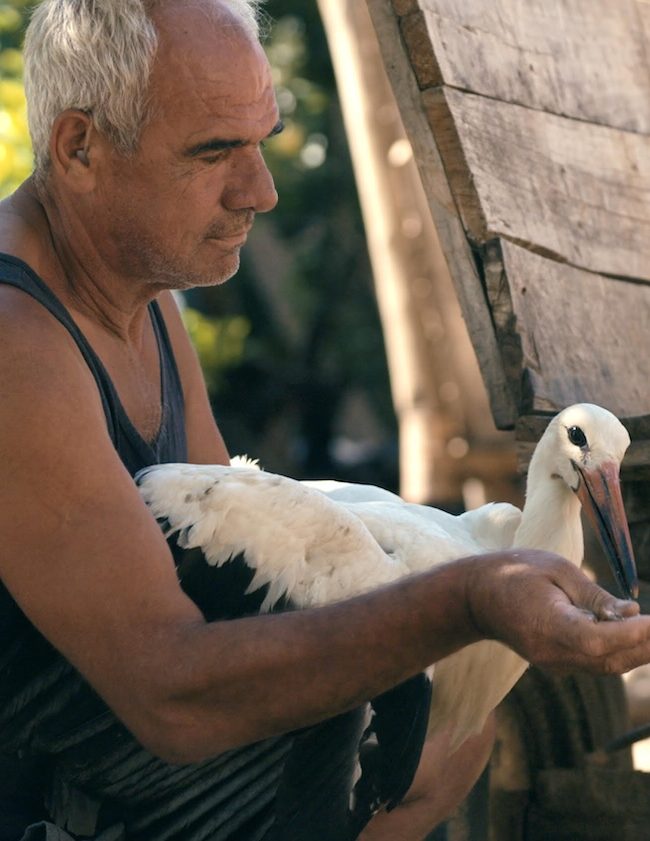
(The Tribeca Festival runs June 4-15 in New York’s Tribeca neighborhood and Hammer to Nail has boots on the ground! Check out Chris Reed’s Yanuni movie review fresh from the fest. Seen it? Join the conversation with HtN on our Letterboxd Page.)
Unlike the United States, Brazil took decisive action after their last president, Jair Bolsonaro, tried to overturn the results of the election he lost. Though Bolsonaro’s trial on a coup charge is ongoing, given Brazil’s previous history of authoritarian rule it is heartening to see the country at least attempt to hold a would-be dictator accountable. In Yanuni, director Richard Ladkani’s latest documentary, we learn about another issue where Bolsonaro applied strongman tactics: indigenous rights.
This film is not directly about him or his methods, however. Instead, we focus on Juma Xipaia and her husband, Hugo Loss. In 2009, Xipaia became the first woman chief of the Middle Xingu region, a land inhabited by the Xipaya people. Under Bolsonaro’s successor, Luiz Inácio Lula da Silva (aka “Lula”), she joined the government’s new Ministry of Indigenous People, while Loss became an agent of IBAMA (the Brazilian Institute of the Environment and Renewable Natural Resources). Their stories, and that of their soon-to-be-born second child—a daughter who will bear the titular name—form the spine of the movie.
One of the great crimes of the Bolsonaro era was the encouragement (via a blind eye) of illegal gold mining in the Amazon basin. Unfortunately, the most common method of looking for that precious metal uses mercury, which is then dumped into the water, poisoning the animals and people who live by the river. In addition, the vast number of trees that are cut down for encampments adds to the ecological devastation. Xipaia mourns for the now-disappeared pristine wilderness of her youth while reminding us of the importance of the Amazon to the health of the entire globe.
Strangely, Loss’ methods of destroying criminal operations hardly seem that environmentally friendly, a result of a manpower shortage (Lula may be better than Bolsonaro for the Amazon, but he still doesn’t give IBAMA enough funds). Once IBAMA agents approach a mining camp, they burn the shacks and equipment (including boats). I’m not sure how the resultant air and water pollution is supposed to be a good thing.
Still, the arc of the documentary is towards more governmental accountability and greater rights for Brazil’s indigenous population, even with the setbacks on the way. Ladkani (Sea of Shadows) impressively photographs the landscapes in all their simultaneous glory and misery, often treating his subjects’ faces as an equivalent cinematic surface. The result is an imperfect, but always engaging, study of the twin struggle for freedom and climate protection. Without the latter, there’s not much point to the former. And this holds true for us all.
– Christopher Llewellyn Reed (@ChrisReedFilm)
2025 Tribeca Fest; Richard Ladkani; Yanuni movie review











